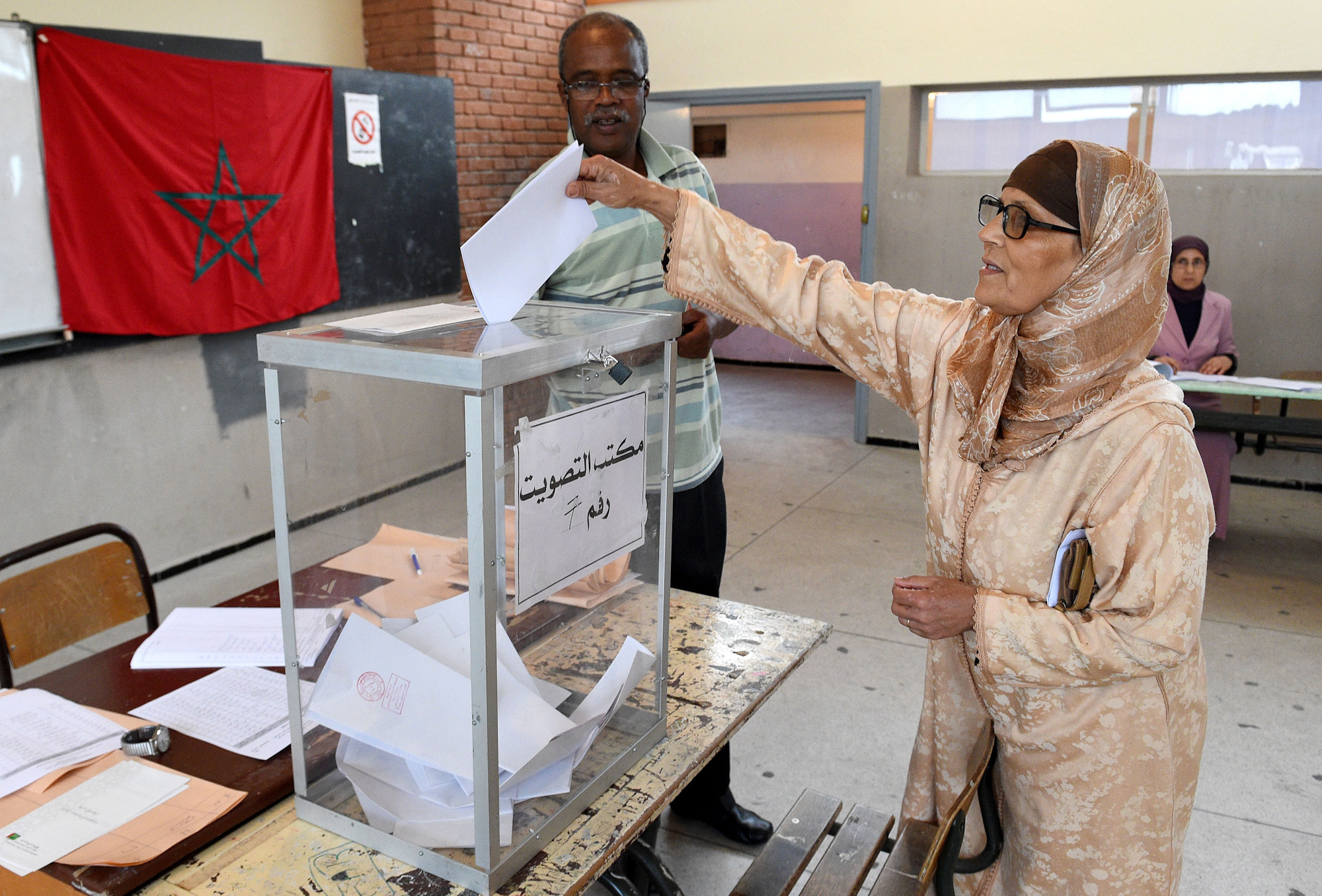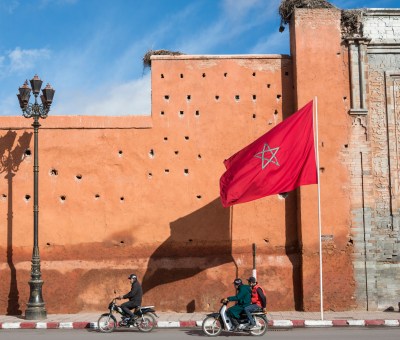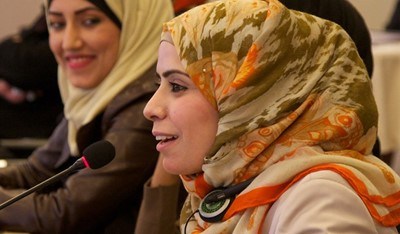International Anti-Corruption Day 2024: Reaffirmin…
Corruption is a major crippling affliction of democracy, even decades after the international community recognized it as a threat and…
Since 1997, IRI’s promotion of participatory governance in Morocco has revolved around skills-based training, civil society academies, technical support to government staff, and political party campaign schools, which bridge gaps between decision-makers and citizens. IRI’s current program contributes to inclusive and citizen-centered governance as a new government, elected in 2021, balances Morocco’s long-standing needs for equitable socio-economic development with the urgency of the COVID-19 pandemic.

IRI is recognized in Morocco for its long-term support of marginalized voices at all levels of society and in communities in all regions from Tangiers in the north to Dakhla in the south. By leveraging sub-grants, technical assistance, mentorship, and results-driven training, alumni of IRI grassroots programming have reached new levels of decision making. IRI recently issued medium sized subawards to Moroccan civil society organizations (CSOs) to expand public awareness of Morocco’s Open Government Partnership (OGP) commitments at the local level.
In the build-up to the 2021 election, IRI identified the participation of youth as essential to ensuring an inclusive and representative election. IRI delivered customized campaign school trainings to young leaders from eight major political parties to mobilize volunteers and members, leading to 21 young candidates securing victories in the election. Additionally, IRI directly funded CSOs in the regions of Tangier-Tetouan-Al Hociema and Sous-Massa to mobilize youth and first-time voters, conduct advocacy campaigns, and connect directly with politicians to demonstrate the power of the youth vote. These pre-election projects led to two of the IRI-trained organizations launching domestic observation missions composed of young observers in two regions with IRI’s support. Nationwide, IRI drove voter participation among young Moroccans through radio, printed media, billboards, and social media that motivated eligible voters to register and cast their vote on election day.
To support elected officials in their transition to inclusive governance, IRI programming strengthens the collaborative relationship between communal councils and CSOs and prioritizes meaningful engagement and communication with constituents. IRI delivers technical support and training to communal and regional council members and staff to integrate input from civil society and citizens. Additionally, IRI trains civil society activists in participatory governance mechanisms including petitioning, advocacy, monitoring communal action plans, volunteering, mobilizing public opinion, and forming and serving on instances consultatives or community advisory bodies, according to the guidance of the 2011 constitution and its accompanying body of law.
In the Southern Provinces, IRI coordinates with private sector actors to identify market-based employment needs and provides professional training and support for young unemployed people, while also working to diversify the local labor market through the support of entrepreneurship and small business opportunities. Through partnerships with the local initiatives, civic organizations committed to local economic development, and the local chapter of the national agencies responsible for promoting youth employment, IRI’s programming has increased capacities of local organizations to provide service delivery around job trainings and opportunities. These partnerships have provided training for 121 young people, while also directly contributing to local economic diversification via the creation of 24 small local businesses
Corruption is a major crippling affliction of democracy, even decades after the international community recognized it as a threat and…

Morocco’s political institutions have not been responsive to or inclusive of youth, leaving Moroccan youth feeling disengaged and unrepresented in…

On September 8, 2023, the highest magnitude earthquake in a century hit the Kingdom of Morocco’s High Atlas Mountains and…

The economic impact of the COVID-19 pandemic disproportionately affects women. That’s why women’s economic empowerment (WEE), especially in the Middle…